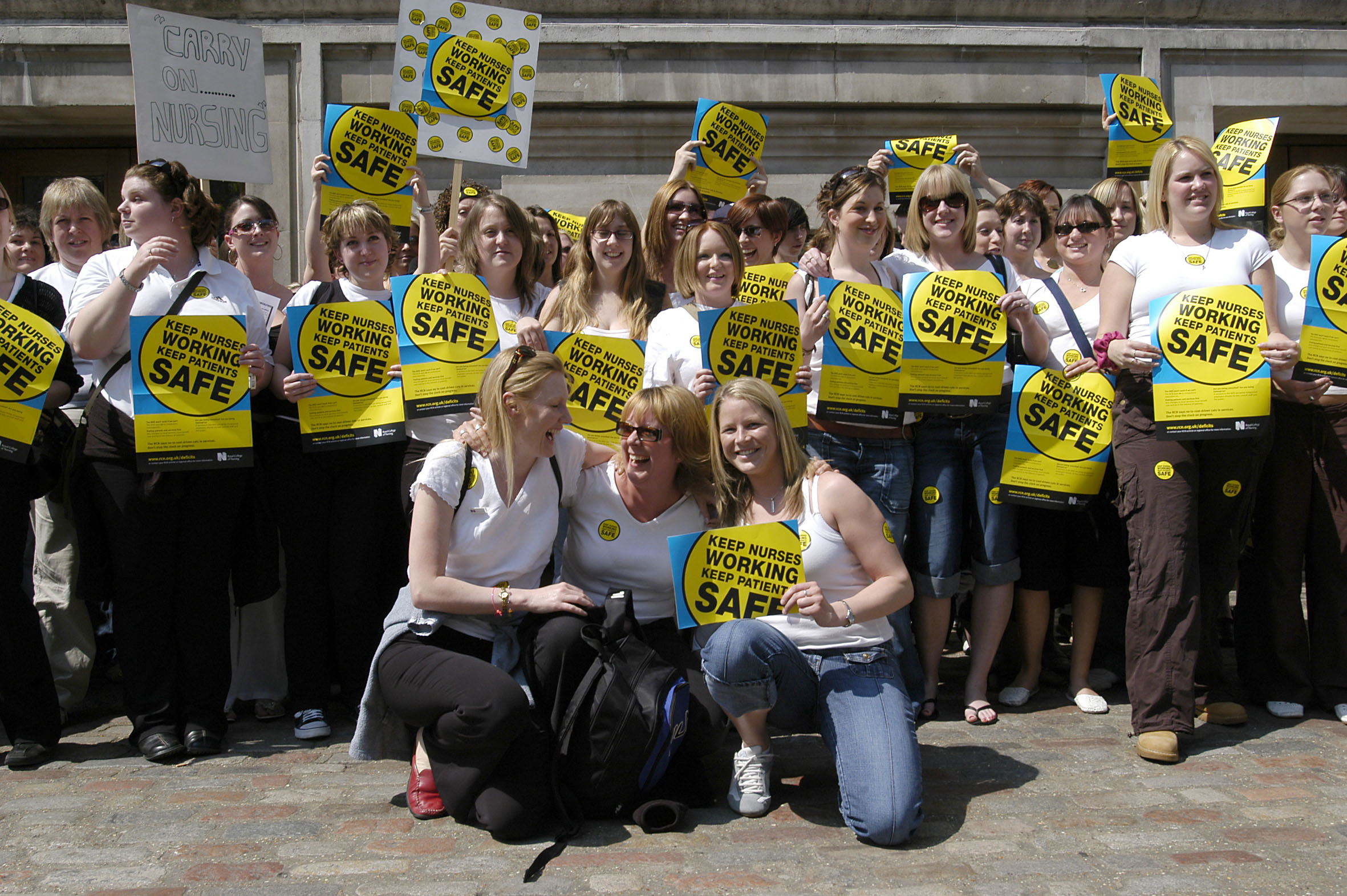Chris Moore, Gloucestershire Socialist Party
A Guardian/ICM poll has shown that most people don’t want it. The Royal College of Nursing (RCN), other health colleges, health unions Unison, Unite and GMB, academics and nine out of ten hospital doctors all oppose it. Now the British Medical Association (BMA) has released its strongest criticism yet of the Health and Social Care Bill.
In a letter to 22,000 family doctors, the BMA urged them to take an “active stand” against the “ruinous” reform that “will be irreversibly damaging to the NHS as a public service, converting it into a competitive marketplace… this will lead to the privatisation of commissioning and is likely to exacerbate health inequalities”.
And the president of the Medical Practitioners Union, Dr Ron Singer, chased Andrew Lansley through the Royal Free Hospital in Hampstead, London, after the health minister refused to speak to protesters.
The Tories claim that handing 80% of the health budget over to GPs is about extending local control. But a leaked NHS report last year explained that private companies will direct the commissioning. The bill is about removing all barriers to privatisation.
Most hospitals will move to Foundation Trust status, increasing the scramble for resources between hospitals and allowing up to 49% private patients. If local health trusts can’t afford to provide healthcare, patients either have to go private or go without.
Chilvers McCrea stopped providing GP services in Southend because they were not making enough money. Care UK and Assura have the largest number of contracts to run sizable health centres. But in 2010 Assura sold off its medical services business to Virgin after it failed to make a big enough profit.
A report in 2011 by auditor KPMG predicted many growth opportunities in the UK health sector. KPMG has links to British billionaire private healthcare boss Mike Parsons who secretly met David Cameron for a second time just before his election as prime minister.
Parsons, whose nursing home empire is likely to expand if Tory health plans go through, has said: “all the reforms and changes with the NHS are making it easier to recruit nurses from the NHS now.” He’s a committed supporter of Cameron’s Big Society, praising the US system where levels of volunteering are five or six times the British level. But he’s no fan of health and safety restrictions and says “our community has been let down by the statutory sector”.
Yet a Castlebeck (where Parsons is on the board) home near Bristol for vulnerable people with autism and Asperger’s Syndrome had a culture of routine abuse and humiliation by poorly trained and badly paid staff.
The Southern Cross Care Homes 2011 financial crash left 31,000 elderly residents potentially homeless. Cameron said alternative accommodation would be found, including with companies like Barchester Healthcare, owned by Parsons. A case of out of the frying pan and into the fire. Transferring the NHS into the hands of private profit hungry companies is creating a nightmare scenario.
Opposition to the Health and Social Care Bill is huge, but it must not be left in the hands of MPs, Lords and professional bodies.
Labour opposes the bill but in government opened the NHS to further privatisation; introducing foundation hospitals, Private Finance Initiatives and private Independent Treatment Centres.
The unions must organise decisive mass action to defend the NHS, including balloting for industrial action and organising and building for a national Saturday demonstration.









